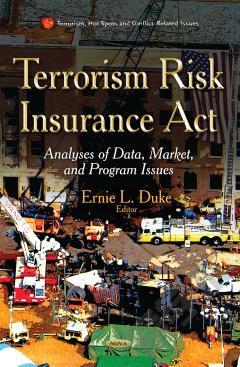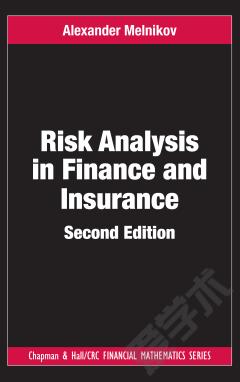Terrorism Risk Insurance: Analyses and Prospects
Prior to the September 11, 2011, terrorist attacks, insurance coverage for losses from such attacks was normally included in general insurance policies without specific cost to the policyholders. Following the attacks, such coverage became very expansive if insurers offered it at all. Because insurance is required for a variety of economic transactions, it was feared that the absence of insurance against terrorism loss would have a wider economic impact. Private terrorism insurance was largely unavailable for most of 2002 and some have argued that this adversely affected parts of the economy. Congress responded to the disruption in the terrorism insurance market by passing the Terrorism Risk Insurance Act of 2002 (TRIA). TRIA created a temporary three-year Terrorism Insurance Program in which the government would share some of the losses with private insurers should a foreign terrorist attack occur. This book analyzes the TRIA program at ten years and the future of the terrorism risk insurance program.
{{comment.content}}








 京公网安备 11010802027623号
京公网安备 11010802027623号